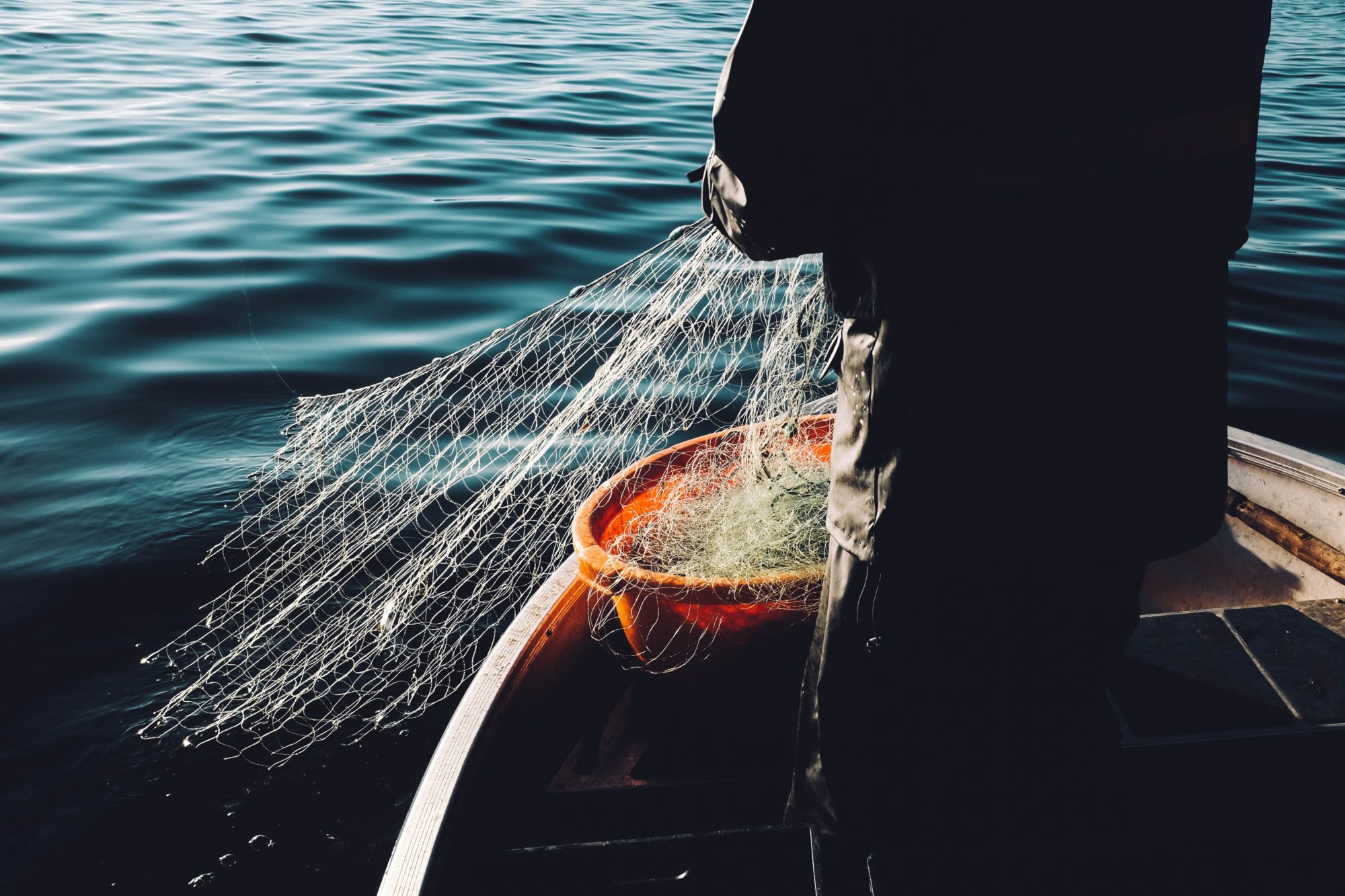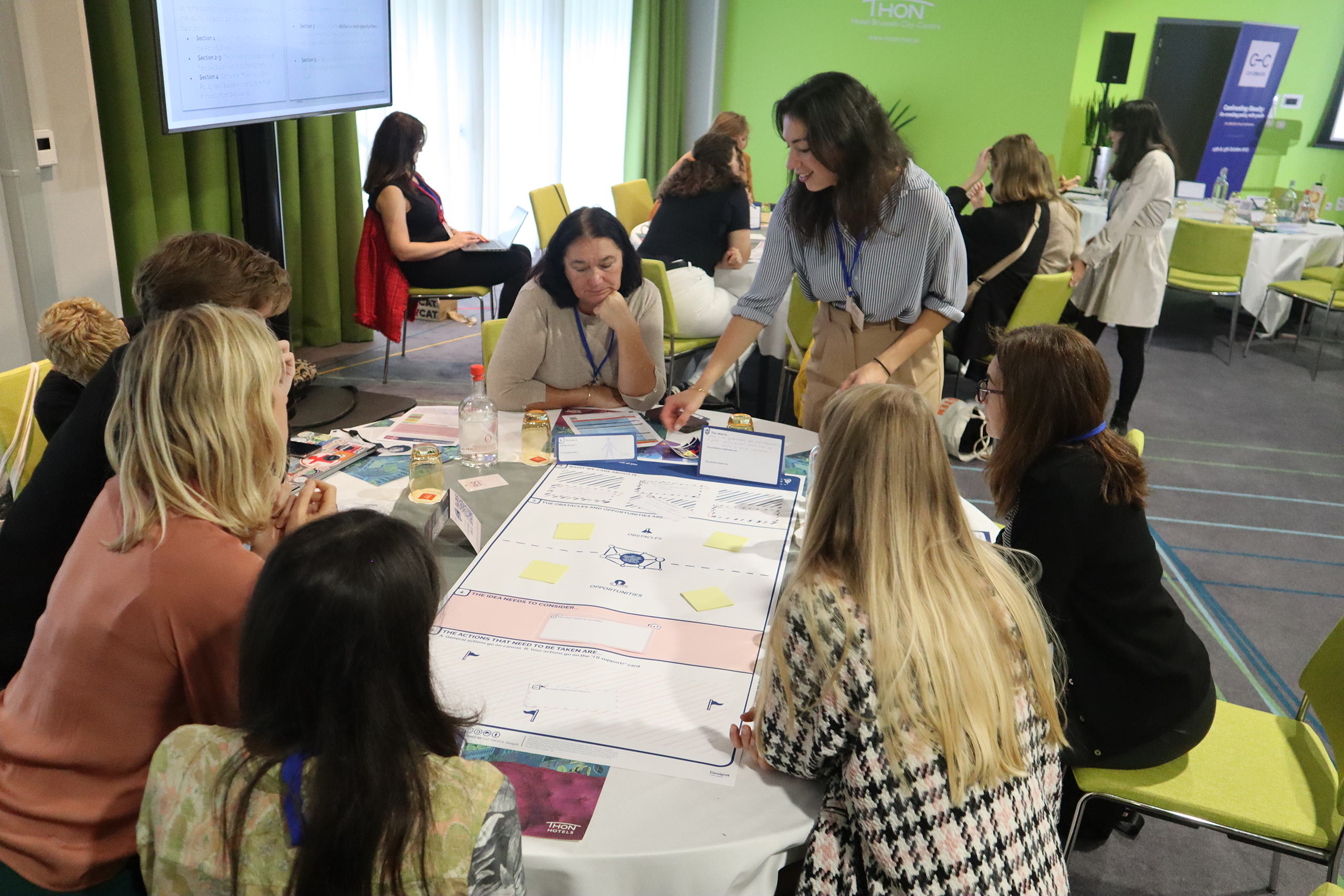A new scoping report commissioned by EAT, and produced by Stockholm Resilience Centre outlines the role of aquatic food on the path to sustainable and healthy diets.

A New Aquatic Food Scoping Report
Aquatic food has a vital role to play in creating a global food system that supports a healthy human population on a healthy planet, yet it has been largely neglected in global efforts to chart the future of food.
The EAT-Lancet Commission report on healthy diets from sustainable food systems set scientific targets for healthy diets and environmentally sustainable global food systems. To accurately expand the EAT-Lancet report into a blue food context, several knowledge gaps must be filled.
This scoping report constitutes a first step in outlining a holistic look at how aquatic food can contribute to healthy and sustainable diets. Commissioned by EAT and authored by three EAT-Lancet authors from the Stockholm Resilience Centre, the report aims to elaborate on the role of blue food in the future food system, including how the food system model applied by the EAT-Lancet Commission dealt with aquatic food.
Download the full report below.
Are you interested in more stories from EAT? We curate a monthly newsletter with news and updates, sent directly to your inbox. Sign up to our newsletter here.
Remaining one step
ahead
of the curve.
Five Youth Leaders Who Will Change the World
To celebrate International Youth Day, we are spotlighting the leaders of tomorrow. From India to the US and New Zealand to South Africa, young people are rising to demand greater action on climate change, biodiversity loss, hunger, malnutrition, food waste, plastic pollution, and more.

Reflecting on five years of policy co-creation with youth: the CO-CREATE project
After five years, the CO-CREATE research project “Confronting Obesity: Co-creating policy with youth” has come to end. Reflections on the project’s achievements and sustained impact are shared.
